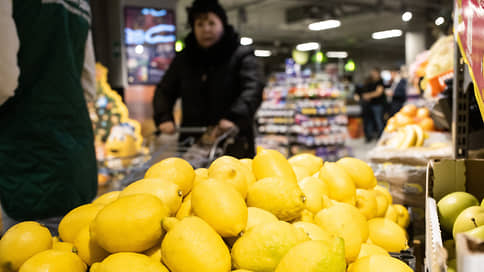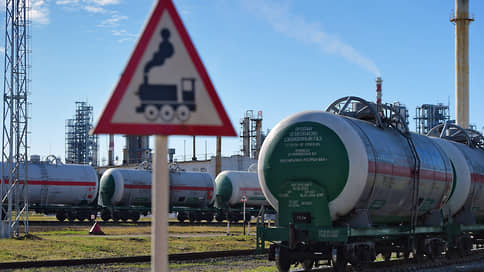The key supplier Limonov in the Russian Federation stops their export: causes, consequences

Türkiye, which occupies 40-50% of the Russian lemon market, temporarily forbade their exports due to crop reduction. In the moment, suppliers from Argentina and South Africa can compensate for the volume. A noticeable reduction in proposal in the Russian market will occur if Türkiye does not cancel the export moratorium until the fall of this year.
Since April 8, Türkiye temporarily stops the supply of lemons, the Ministry of Trade of this country said. The decision is dictated by frosts in the provinces of Adan, Mersin and Hatay. The measure is designed to ensure the balance of supply and supply and maintain prices within the country. The general director of IA Fruitnews Irina Kosiy draws attention to the fact that the cold came for the harvest period, affecting not only lemons, but on all citrus fruits.
Türkiye is a key supplier of lemons to Russia.
In natural terms in 2024, export of lemons and limes from this country reached 125.2 thousand tons, follows from the data of Un Comtrade.
In Rosselkhoznadzor, the indicator is estimated at 130.2 thousand tons. A year by the year, the value decreased by 9.9%. Since the beginning of the year, the supply of lemons reached 39.5 thousand tons, added in the department. Irina Koziy estimates the share of Turkey at 40-50% of the total import of lemons to Russia.
Almost all lemons in the Russian market are supplied from abroad, within the country they can be grown only in greenhouses, explains Ms. Cosia. Until 2022, while the customs data were opened, the volume of supplies was estimated at 200-250 thousand tons per year. In addition to Turkey, a significant amount of import, according to the expert, is in South Africa, Argentina, Egypt, Morocco and China. Irina Koziy explains that the supply of lemons wear a pronounced seasonality. From Turkey, they are carried out from September to April. From April to October, lemons from the southern hemisphere are often represented on the market.
It is the lemons from Argentina and South Africa that will cover the falling Turkish import, said Stanislav Bogdanov, chairman of the Presidium of the Retail Company of Retail Companies. The expert calls the formed sentence sufficient. The Metro network also indicates that lemons will be stable. Among the key importers for retailers, Mr. Bogdanov identifies Uzbekistan as well. This country is increasing the supply of lemons to Russia, but its products of a relatively high price category, explains Irina Koziy.
Dmitry Vostrikov, Executive Director of the Rusprodsoyuz Association (unites food suppliers), notes that in the near future the suspension of lemons from Turkey will not significantly affect Russia. But everything will depend on the duration of the ban.
Mrs. Cosius expects that the Turkish authorities will be removed by the entered moratorium by autumn. Otherwise, the problem for the Russian market may be an increase in value.
Mr. Vostrikov identifies the balance of supply and demand among key factors affecting the value of citrus fruits on the counter. Irina Koziy says that according to the results of December 2024, the average retail price of lemons in key eight retail chains increased by 39% a year by the year. The crop failure in Turkey, problems with logistics, payments and currency vibrations, have influenced, she lists.
According to the “OFD platform” (fiscal data operator), from January 1 to March 20, the median cost of lemons in retail in Russia amounted to 189 rubles, adding 16% to the year. The number of purchases decreased by 1%.
The fluctuation could be explained by the lack of additional weekends on February 23 and March 8: citrus fruits are often used for festive dishes, they note in the “PD platform ”. Although a decrease in demand in the market was also noted last year. According to the analytical company Nielsen, in 2024, natural sales of lemons in retail lost 1.6% year, cash – increased by 24.1%. NTECH add that the lemons over the past year accounted for 3.2% of cash and 2.9% of natural sales in the “fruits and berries” category.








